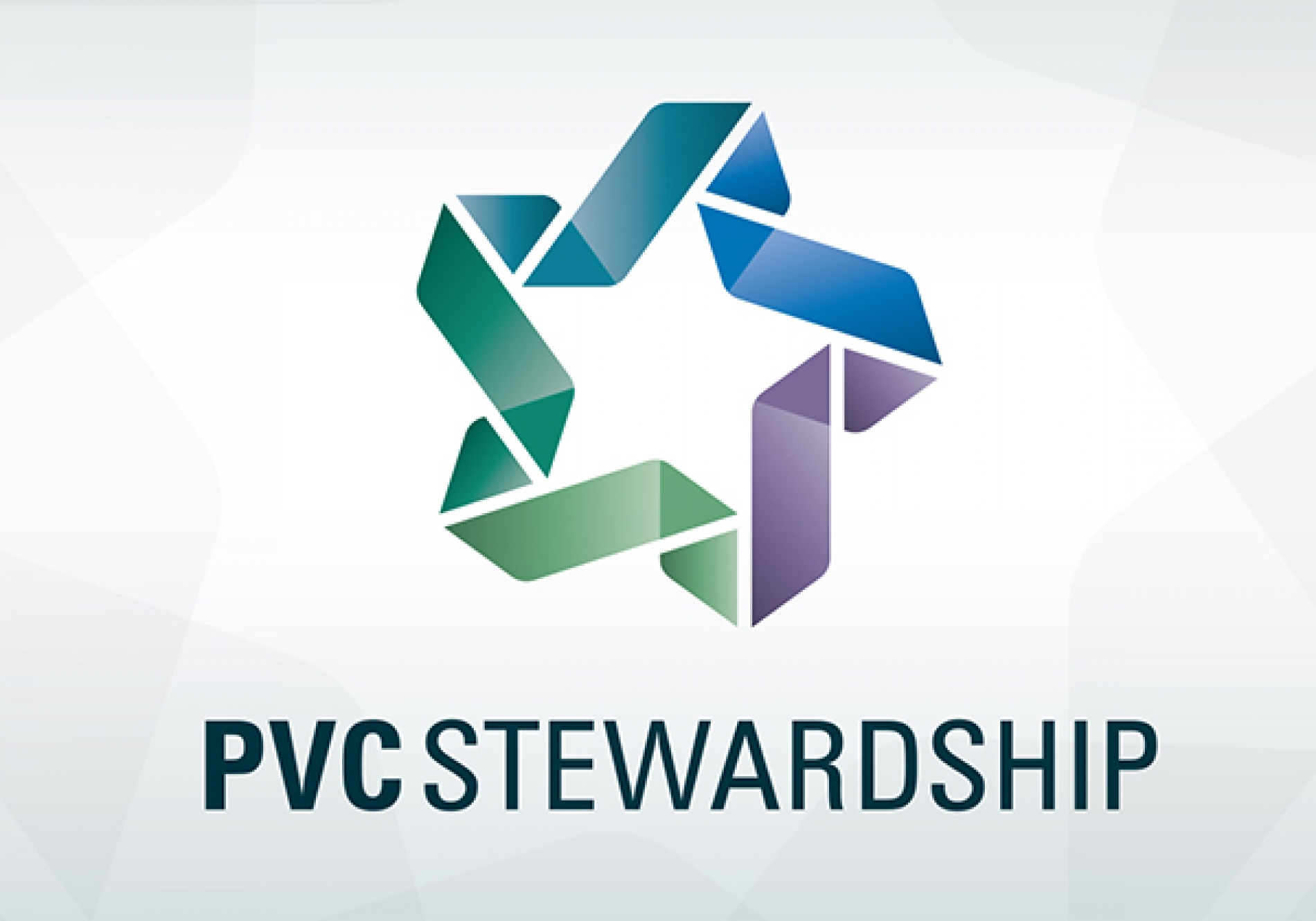At the Vinyl Council, we believe it is how a material is managed and used throughout its life cycle which determines its contribution to a more sustainable society and economy. To guide and support companies in the PVC value chain in Australia, industry and stakeholders developed the PVC Stewardship Program as an on-going, long-term, voluntary undertaking by the industry to address progressively environmental, health and safety issues along the PVC product life cycle within responsible and deliverable timeframes.
The 2016 annual report of progress achieved by industry through implementation of the PVC Stewardship Program has just been released, following independent verification by Ernst & Young. Now in its fifteenth year, a record 42 Signatory companies provided their 2016 data and information to the Vinyl Council, with almost one third of them first time reporters this year. The latest report finds that almost three-quarters (73%) of the Signatories achieved compliance rates of 80 percent or more.
Nine Signatories were fully compliant with all the commitments relevant to their business, earning them the Vinyl Council’s Excellence in PVC Stewardship Award.
The 2016 annual report saw improvements in compliance for three key areas of the Program:
- avoiding mercury in upstream raw material manufacture;
- commitment to energy efficiency and reductions in greenhouse gas emissions; and
- implementation of environmental management systems.
Compliance with the commitment to source raw materials from supply chains that do not use mercury cell electrolysis technology, or mercury catalysts rose from 64 percent in 2015 to 82 percent in 2016. Furthermore, only one Signatory was unable to access this information from their suppliers, demonstrating the growing acceptance of greater transparency in supply chains.
In early 2016, the Australian vinyl industry saw the closure of the country’s last remaining local resin manufacturing plant. Product manufacturers now source resins from overseas suppliers, increasing the complexity and globalisation of supply chains and making transparency and responsible sourcing even more important.
The PVC Stewardship Program facilitates presenting the evidence of the traceability of PVC throughout the product life cycle. As part of the report verification process, nine audits were conducted at Signatory company sites to help assess the veracity of the data being used in the report.
In only the second year of implementing a new commitment to improve packaging material recycling, 24 Signatories reported against the commitment, up from 14 in 2015. A growing number of Signatories report that more than 70 percent of incoming packaging waste at their business site is being recycled; they record or measure how different waste streams are managed at their site/s; and they undertake initiatives such as packaging design improvements, packaging material labelling, packaging light-weighting and offering packaging take-back programs.
The annual report identified some areas for further improvement:
- Embedding PVC Stewardship commitments into business policies and procedures so that it is part of core business;
- Using recoPVC (recycled PVC) in products supplied to the market – although 6,292,609 kilograms of recoPVC was reported as contained in products Signatories supplied to the market in 2016, two out of five product suppliers are not yet supplying products containing recyclate;
- Completing the phase out of lead-containing additives - over 99.45 percent of use of these additives has been phased out by Signatories since 2002, however two Signatories are working to find technically feasible alternatives to some minor uses of them for specific applications, within the timelines they had set upon joining the Program.
According to the Vinyl Council's PVC Stewardship Manager Ms Laveen Dhillon, the requirements to be met under the Program are challenging. "Each year Signatory companies must verify that they or their upstream suppliers meet stringent manufacturing standards set by the Program for raw material sourcing, as well as meet local manufacturing commitments such as in use of additives, or implement energy and resource efficiency".
Audit findings showed that Signatories are undertaking internal quality checks and procedures to improve the accuracy and reliability of reporting. Ms Dhillon will continue to work closely with Signatories in 2017 to strengthen engagements across the PVC supply chain, improve program reporting requirements and promote resources available to reach compliance.
Download the 2016 full report here.
Note: The PVC Stewardship Program, managed by the Vinyl Council, is a series of commitments which Signatories are required to implement and report on annually to drive continual improvement in the vinyl value chain in Australia and reduce the environmental footprint of PVC products consumed here. Given the varied nature of Signatory businesses, the list of commitments applicable to each company varies depending on its activity and position in the supply chain.







